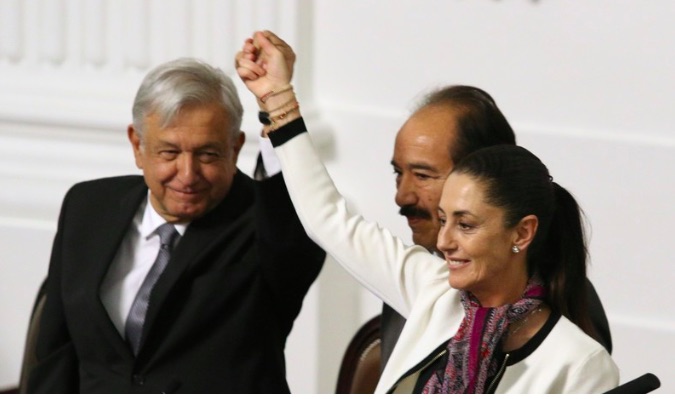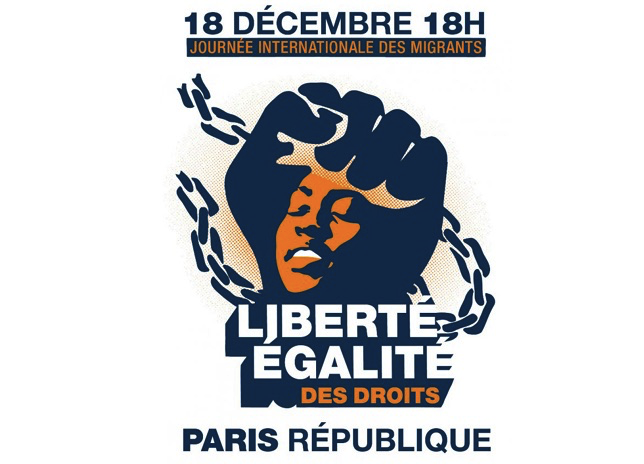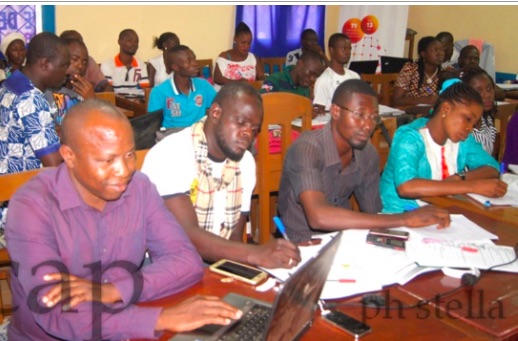. . WOMEN’S EQUALITY . .
An article from RT News
Throughout its history, Mexico City has had two women in charge of the Government. The first was in 1999: Rosario Robles was in charge of the government of the Mexican capital, appointed to replace Cuauhtémoc Cárdenas, who was running for a third presidential candidacy.
Today, December 5, the Administration of the city returns to the hands of a woman, but unlike Robles, the new mayor was elected by popular vote on July 1. This is Claudia Sheinbaum Pardo, who, in addition, during her inauguration was accompanied by the president of Mexico, Andrés Manuel López Obrador, who is seen as her ‘political godfather’.

The president of Mexico, Andrés Manuel López Obrador, accompanied Claudia Sheinbaum as she took the oath of office to become head of the Government of Mexico City. AMLO Press
“Today, as I become the Head of Government, it is a matter of pride for me to be faced with the commitment to transform the reality in which we live as the inhabitants of this beautiful city. We are not going to fail you!”
Sheinbaum, 56, a professor and PhD in Energy Engineering, has said that her government will be based on 12 main axes: austerity; open democratic government with zero tolerance for corruption; mobility; security; reconstruction of the city, as well as the improvement of the supply of drinking water.
“Not only for those who voted for us, I am going to lead an honest, open, democratic, austere, inclusive government that acts with, for and for the citizenship, without distinction of party, religion or socioeconomic level, but putting all our effort to make of this, a city of rights, with justice and that diminishes the still serious social inequalities,” said the new mayor who has a degree in Physics, as she took the oath of office.
(article continued in right column)
(Click here for the original article in Spanish)
Questions related to this article:
Do women have a special role to play in the peace movement?
How can culture of peace be developed at the municipal level?
Her main campaign promise was to end corruption, which – based on her estimates – will mean a saving of 25,000,000,000 pesos.
One of the main announcements made this day was the abolition of the body of grenadiers, a security group that has been associated with various human rights violations in Mexico City; the members of the body will be added to other corporations and civil protection tasks.
The duo Obrador-Sheinbaum
“I am very pleased, because Claudia Sheinbaum is a woman with convictions, she is an intelligent woman, she is an honest woman and she is going to make a good government,” said the president of Mexico, prior to the scientist’s installation as mayor.
When he was the Head of Government of the then Federal District, between 2000 and 2005, Lopez Obrador appointed Sheinbaum Secretary of the Environment, a period in which important infrastructure was built for cars in Mexico City. During the campaign they were attacked by their political adversaries with regard to this.
Sheinbaum was also a spokesperson for the failed presidential candidacy of López Obrador in 2006, accompanying him later when he left the Democratic Revolution Party (PRD) to found the National Regeneration Movement (Morena), a party that took her to the head of the Government of the mayor of Tlalpan in 2015, where she had to cope with the collapse of a school in the earthquake of September 19, 2017, which left a balance of 19 children and seven adults dead.
Less than three months later, on December 5, 2017, Sheinbaum left office as head of the then Tlalpan delegation with the aim of seeking the leadership of the Government of Mexico City.
After competing for the candidacy with her co-promoters Martí Batres and Ricardo Monreal, Claudia Sheinbaum became the party’s candidate after winning a poll among activists in August 2017
(Editor’s note: Readers may note that we often use Russian news sources to obtain information about events in the West, although almost identical information is available in Western news sources. News sources in the West generally prohibit the reprinting of their reports, while websites like RT welcome the publicity they receive when their articles are reprinted. For example, RT says in its usage statement: “The information on the website is considered public (unless otherwise indicated) and may be distributed or copied for non-commercial purposes (for personal, educational, scientific, etc.), always referring to the link of actualidad.rt.com.” )









